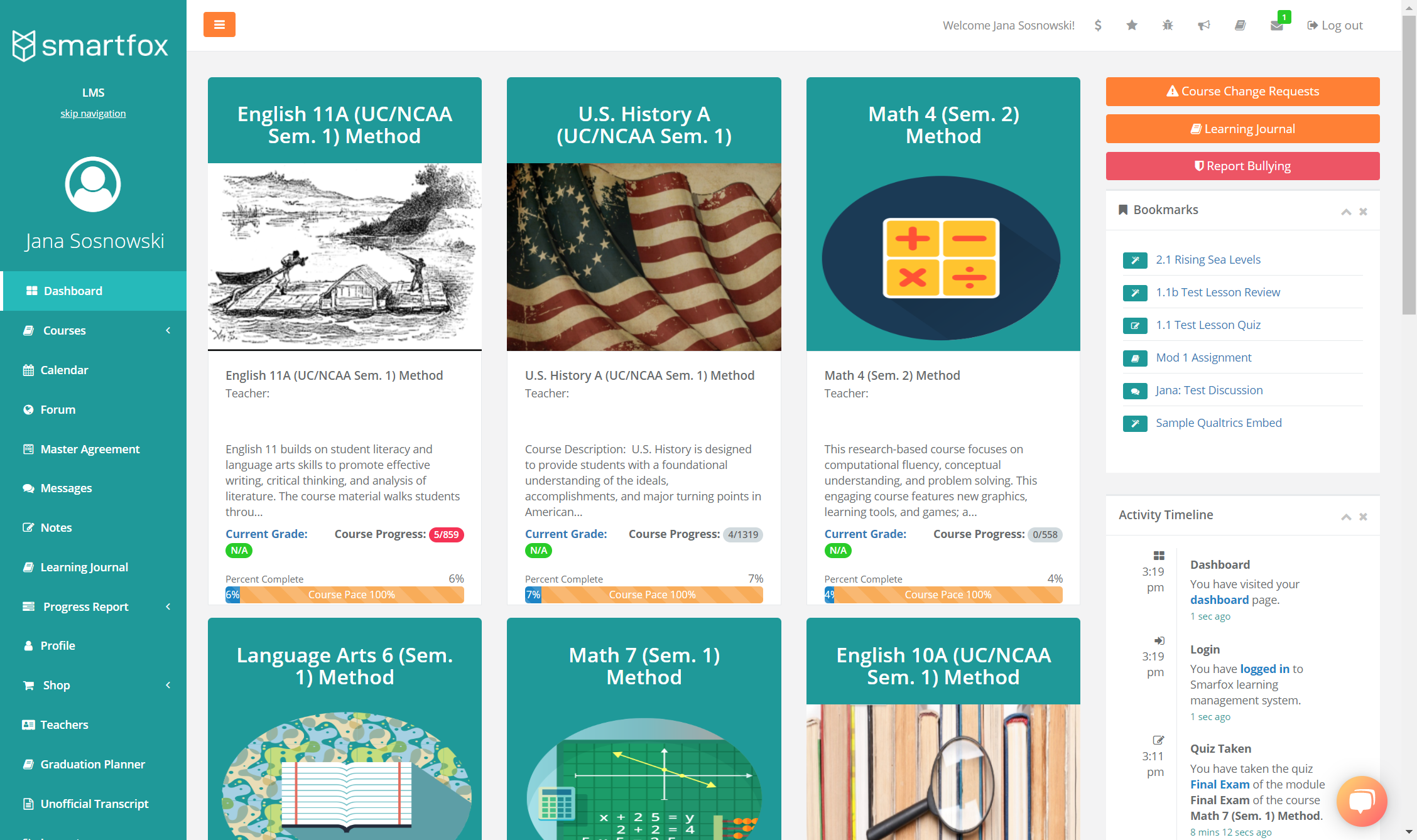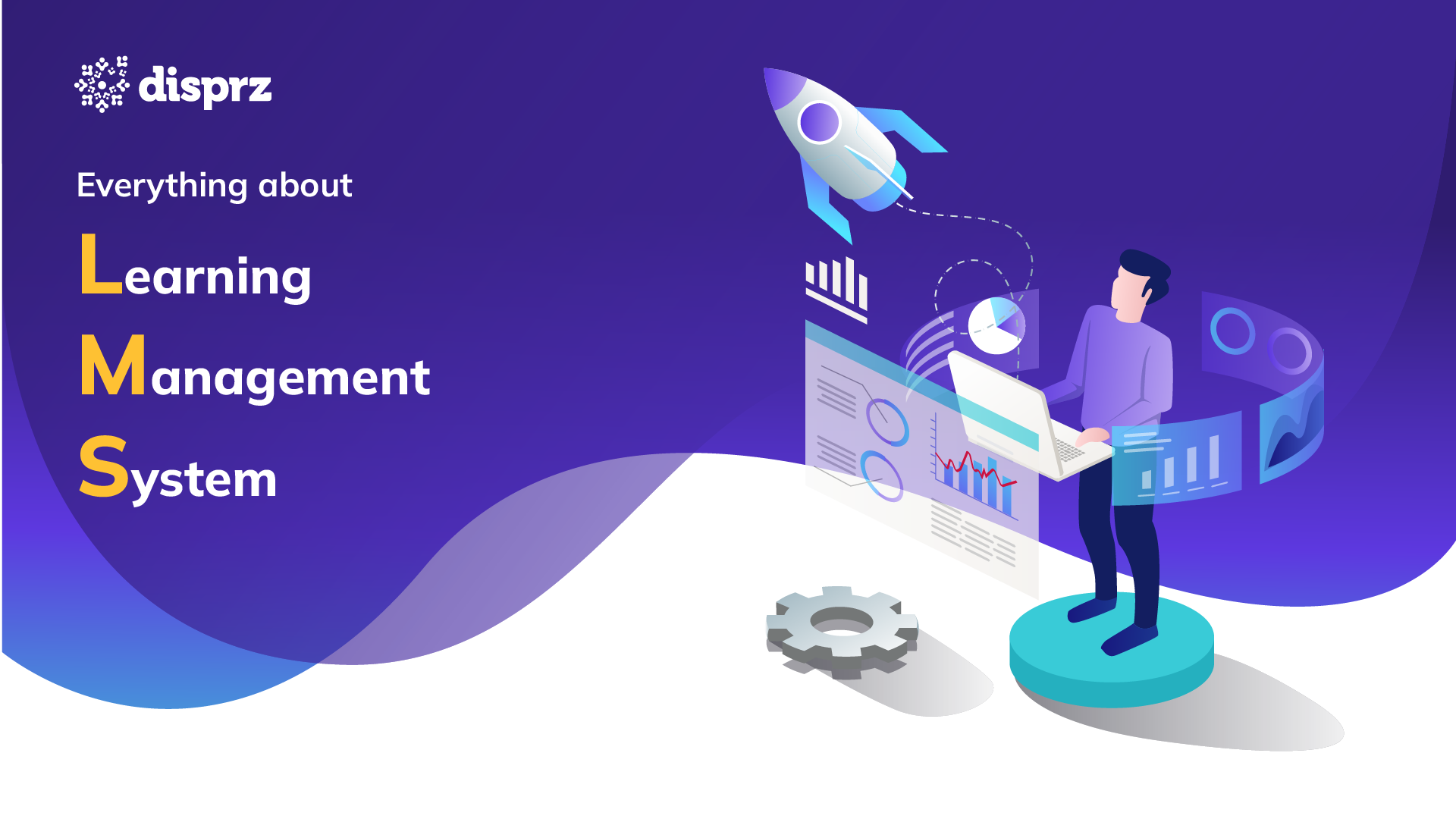LMS SG: The Most Effective LMS for Scaling Your Educational Programs in Singapore
Picking the Ideal Knowing Administration System for Your Company
Selecting the optimum Understanding Administration System (LMS) for your organization is a complex choice that calls for careful factor to consider of various elements. From defining specific knowing purposes that reverberate with your calculated vision to examining user experience, each factor plays a crucial role in the general performance of the system. Furthermore, understanding assimilation abilities and guaranteeing scalability for future demands can not be ignored. As companies pursue efficiency and development, the choice of an LMS comes to be progressively substantial. What are the essential considerations that can affect your decision-making process?
Specify Your Learning Goals
Defining clear understanding goals is important for the effective execution of a Discovering Monitoring System (LMS) These goals work as a roadmap, guiding the growth of web content, assessments, and total instructional techniques within the LMS. By developing details, measurable, attainable, pertinent, and time-bound (CLEVER) objectives, companies can ensure that the knowing experiences are lined up with their critical purposes and student demands.
Reliable understanding objectives ought to encapsulate what learners are expected to understand or have the ability to do upon completion of a training course or training program. This clarity not just help in web content development however additionally facilitates the evaluation of student progression and the overall performance of the LMS. LMS Singapore. In addition, well-defined objectives enable stakeholders to analyze whether the picked LMS capabilities and attributes straighten with their educational objectives.
Assess User Experience
Once learning objectives have been established, examining individual experience comes to be an important following action in choosing a proper Understanding Monitoring System (LMS) Individual experience encompasses the general satisfaction and ease with which learners connect with the system. A well-designed LMS needs to help with user-friendly navigation, ensuring that individuals can locate training courses, materials, and support easily.
To examine individual experience, consider carrying out functionality screening with a depictive sample of end-users. This can provide useful insights right into exactly how students engage with the platform. Trick aspects to assess consist of the LMS's user interface design, accessibility attributes, mobile compatibility, and the quality of instructions supplied. Individual feedback is crucial; collecting surveys or carrying out interviews can reveal typical pain points and areas for enhancement.
Furthermore, evaluate the accessibility of support resources, such as tutorials and aid facilities, which can improve the individual experience. The responsiveness of consumer support is also crucial; timely assistance can considerably minimize frustrations that customers may encounter. Inevitably, choosing an LMS that focuses on customer experience not only improves the learning process but also fosters greater involvement and fulfillment among learners.

Evaluate Integration Capacities
Acknowledging the importance of smooth performance, examining combination abilities is important when choosing a Knowing Management System (LMS) An effective LMS should assist in interoperability with existing systems, such as Personnel Management Solution (HRMS), Client Connection Management (CRM) platforms, and various other educational devices. This combination enhances data flow, reduces administrative concerns, and guarantees a natural knowing setting.
When assessing an LMS, take into consideration the kinds of integrations used. Try To Find Application Shows Interfaces (APIs), Single Sign-On (SSO) capacities, and pre-built connectors that enhance assimilation processes. In addition, verify the LMS's ability to incorporate with third-party tools, such as material libraries or analysis platforms, which can dramatically enhance the understanding experience.

Take Into Consideration Scalability and Versatility
As companies progress, the ability of an Understanding Administration System (LMS) to scale and adapt comes to be progressively important. A scalable LMS can suit growth in individual numbers, course offerings, and web content without compromising performance or customer experience. As companies increase, whether through boosted personnel, new areas, or diversified training requirements, the LMS needs to perfectly expand alongside these modifications.
Adaptability is equally necessary; an effective LMS should sustain various discovering techniques, such as online, combined, and mobile learning. This versatility permits companies to react rapidly to arising fads in training and development, making certain that they can provide interesting and pertinent learning my company experiences - LMS Singapore. Additionally, the system must provide adjustable attributes, making it possible for organizations to tailor the LMS to their particular demands and branding
Additionally, an adaptable LMS needs to incorporate conveniently with existing systems and devices, facilitating a cohesive knowing community. Therefore, when choosing an LMS, it is vital to examine not just its present abilities however additionally its prospective to adapt and grow in placement with the company's calculated goals and developing discovering requirements. This foresight can considerably improve the long-lasting viability of the selected LMS.
Testimonial Expenses and Budgeting
When assessing a Discovering Administration System (LMS), assessing expenses and budgeting is necessary to make sure that the financial investment lines up with the organization's monetary abilities and calculated purposes. Organizations must begin by determining the complete cost of ownership, which consists of licensing costs, implementation expenses, upkeep, and any kind of added costs such as training and technical support.
It is important to compare numerous LMS alternatives, as pricing models can differ considerably among vendors. Some systems might supply a subscription-based version, while others might bill a single cost. Organizations needs to also consider the scalability of the LMS; as they look at more info expand, the expense framework might change, affecting lasting budgeting.

Conclusion
Choosing an ideal Discovering Monitoring System (LMS) is essential for attaining business knowing purposes. Eventually, the right LMS serves as a critical device in cultivating an effective learning atmosphere and driving business success (LMS SG).
Selecting the ideal Learning Administration System (LMS) for your organization is a Discover More Here multifaceted choice that requires cautious consideration of different aspects.Specifying clear knowing purposes is necessary for the successful implementation of a Discovering Administration System (LMS)Once finding out objectives have been developed, reviewing user experience becomes an essential next step in choosing a suitable Knowing Administration System (LMS)As companies develop, the capacity of a Learning Monitoring System (LMS) to scale and adjust becomes progressively vital.Choosing a proper Learning Management System (LMS) is crucial for achieving organizational discovering goals.